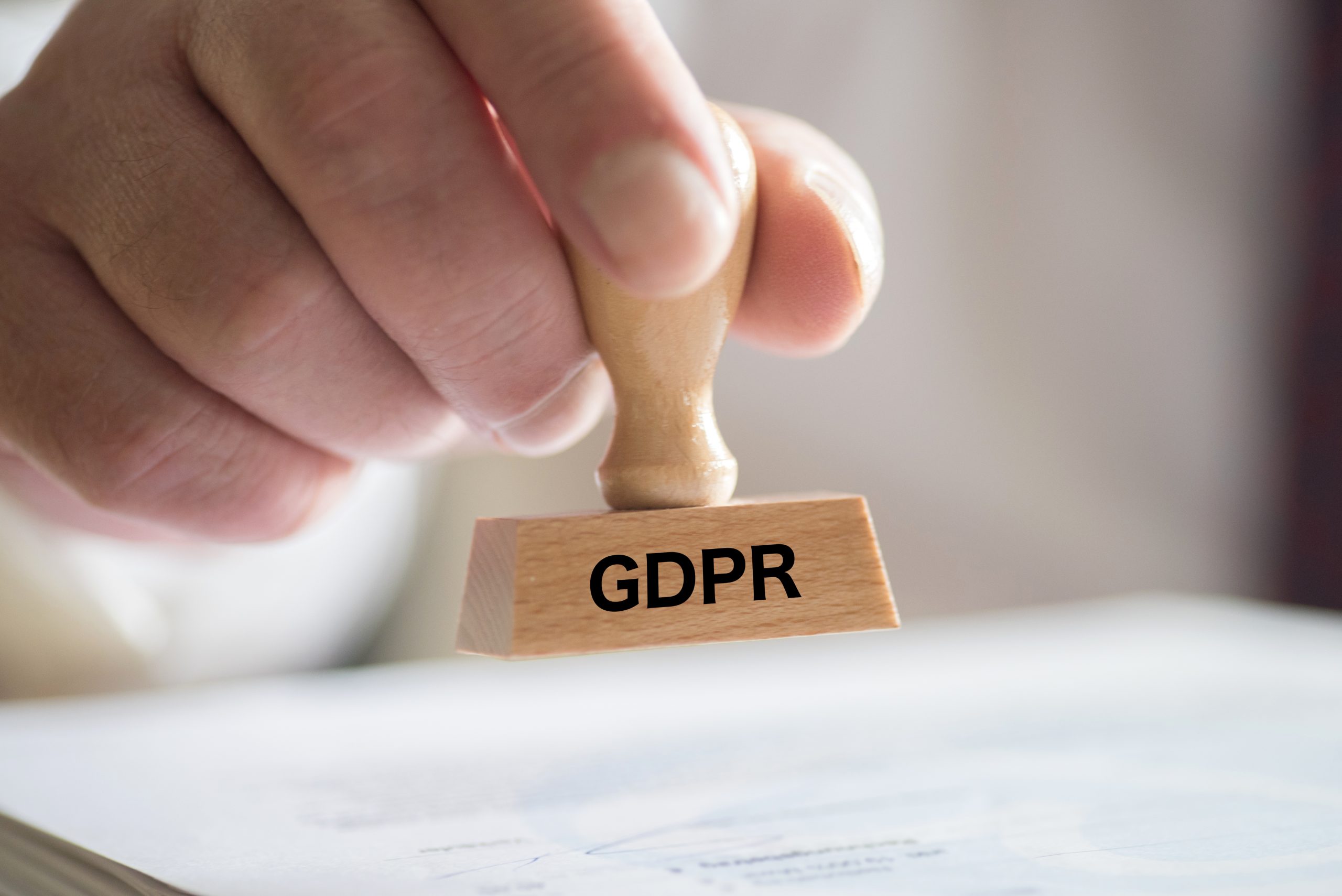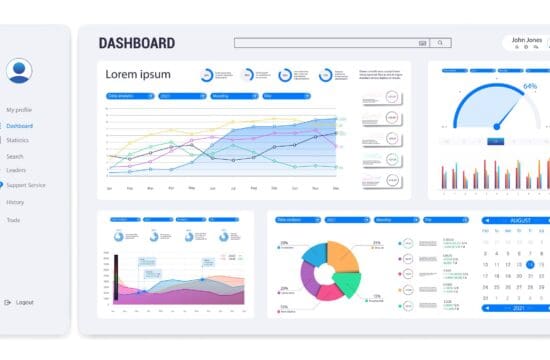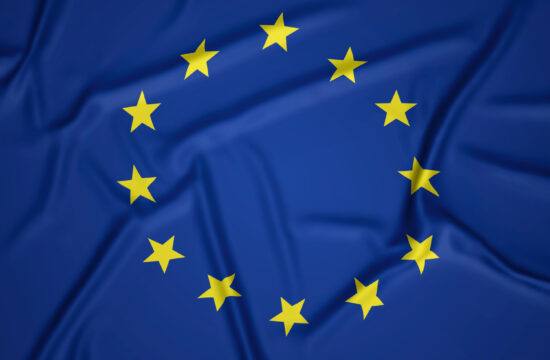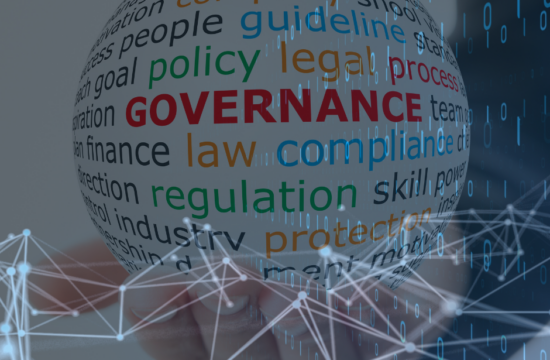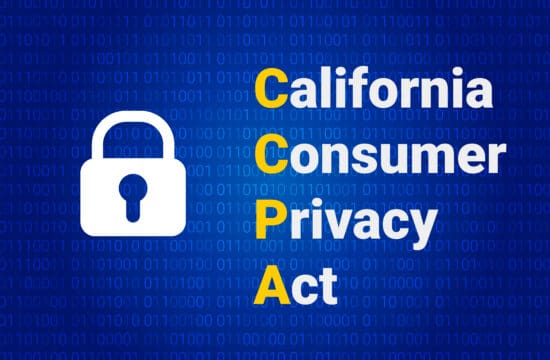General Data Protection Regulation, popularly known as GDPR, is European legislation associated with data privacy. Passed in 2018, the privacy legislation has revolutionized the modern digital landscape.
As a part of the GDPR regulatory framework, all Europeans and institutions in the region must protect personal, crucial data related to their clients. As per the European Union, the legislation will play an important role in protecting an individual’s right to privacy in the region by creating uniform rules around data processing. Also, the legislation will make sure that these privacy rights are protected at the EU level.
The European law protects data and activities related to it in a number of ways. The data is available in different forms, including personal information, contact numbers, pictures, videos, IP addresses, and others.
Although GDPR legislation is associated with European institutions and individuals, it is connected with the US and its citizens. Does GDPR apply to the US?
In this article, we’ll explore the truth behind the connection and discuss the legislation’s limitations when applied to Americans. Also, we’ll find out the effects of GDPR in the US.
The GDPR and US: The Connection
Since its introduction in May 2018, GDPR has changed the way data is protected in Europe. However, the legislation’s ground-breaking success helped it to garner international attention.
In recent times, GDPR has crossed the European boundaries and reached places like the US, which also is one of the largest trade partners of Europe.
Although the legislation is to protect the data privacy of Europeans, it gives the world a new perspective of how to protect data in any part of the world. Due to its effectiveness and abilities, GDPR extends to manage data regardless of whether it’s Europe, the US, or any part of the world. It is known as the ‘extra-territorial effect’.
The legislation is not restricted to European businesses and citizens, and it can be applied and used for businesses outside Europe. However, the data privacy legislation can be extended to regions other than Europe in two cases:
- If a business offers products or services to people in the EU (including products/services that don’t require commercial transactions
- If a business offers products or services to people in the EU (including products/services that don’t require commercial transactions
These requirements mean GDPR compliance in the US is for businesses that are somehow associated with people in Europe. In addition, they must have similar stringent conditions.
GDPR and Americans
One thing is clear: the GDPR law applies to businesses in the EU and European citizens. Now, the question is: Does GDPR apply to us citizens?
Also, what’s baffling is that if the EU law applies to American citizens entering GDPR applicable countries in Europe. Does it cover them?
Since the legislation applies to European citizens and businesses, it is easier to assume that everyone in Europe needs to comply with the law. However, this is not the case. As per the legislation, an individual’s citizenship has very little or nothing to do with GDPR. In fact, the legislation nowhere uses terms like ‘European citizens’ or ‘residents’ in its guidelines. Also, it uses subjects like ‘in the union’.
Apart from that, the GDPR law provides protection to an individual’s data while being in the EU. It also protects individuals when they travel to a country in Europe.
To understand more about who does GDPR apply to, let’s consider an example:
A person from a country outside Europe visits France and buys something from a store. Now, the individual asks for an invoice that includes the buyer’s name and address. Here, the shop needs to protect the customer’s data using the GDPR guidelines.
What GDPR Offers to Individuals
The legislation provides various liberties and privileges to individuals. It protects an individual’s data by imposing restrictions on how businesses use their clients’ data. Also, it ensures that the business uses and protects the provided data in the Union as per the guidelines.
Currently, the United States does not have specialized legislation like the GDPR to protect data privacy. Although there are options like the Health Insurance Portability and Accountability Act (HIPAA), they are only about how health-related data is collected, used, and transmitted.
Location and Citizenship: The GDPR Connection
In the case of GDPR, location matters the most. The ‘citizenship’ term comes into play when it’s about individuals from other countries who live in Europe. These are people who are within the boundaries of the EU and make a purchase here.
According to the Recital 14 of the legislation, its guidelines apply to all individuals in Europe, regardless of their place of residence.
Here are some scenarios to understand more about GDPR compliance for US citizens:
- An American visits Germany. The tourist places an online order for food in a local restaurant. The GDPR regulations are applied because the US citizen has received services in the EU.
- An American visits Germany. The tourist places an online order for food in a local restaurant. The GDPR regulations are applied because the US citizen has received services in the EU.
Conclusion
GDPR is an important, useful legislation that protects data privacy and strengthens the security of people in Europe. When it comes to requirements, GDPR only focuses on an individual’s activities and not on their citizenship. It protects an individual’s personal data and sensitive data that should not be shared with anyone. The law restricts businesses from collecting data illegally. If they collect data, the businesses need to comply with the GDPR regulations. They are bound to follow the law’s guidelines and ensure that customers’ data is protected during their stay in Europe. It means the law protects US people’s data when they are in Europe.
In addition, any company or US-based business that offers its products/services to individuals in Europe needs to consider GDPR compliance.
When it comes to actions against those who don’t comply with the law, GDPR has strict regulations, and so organizations need a GDPR compliance platform.
